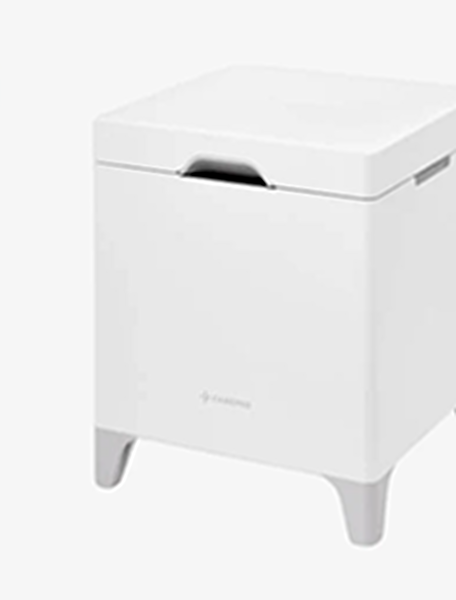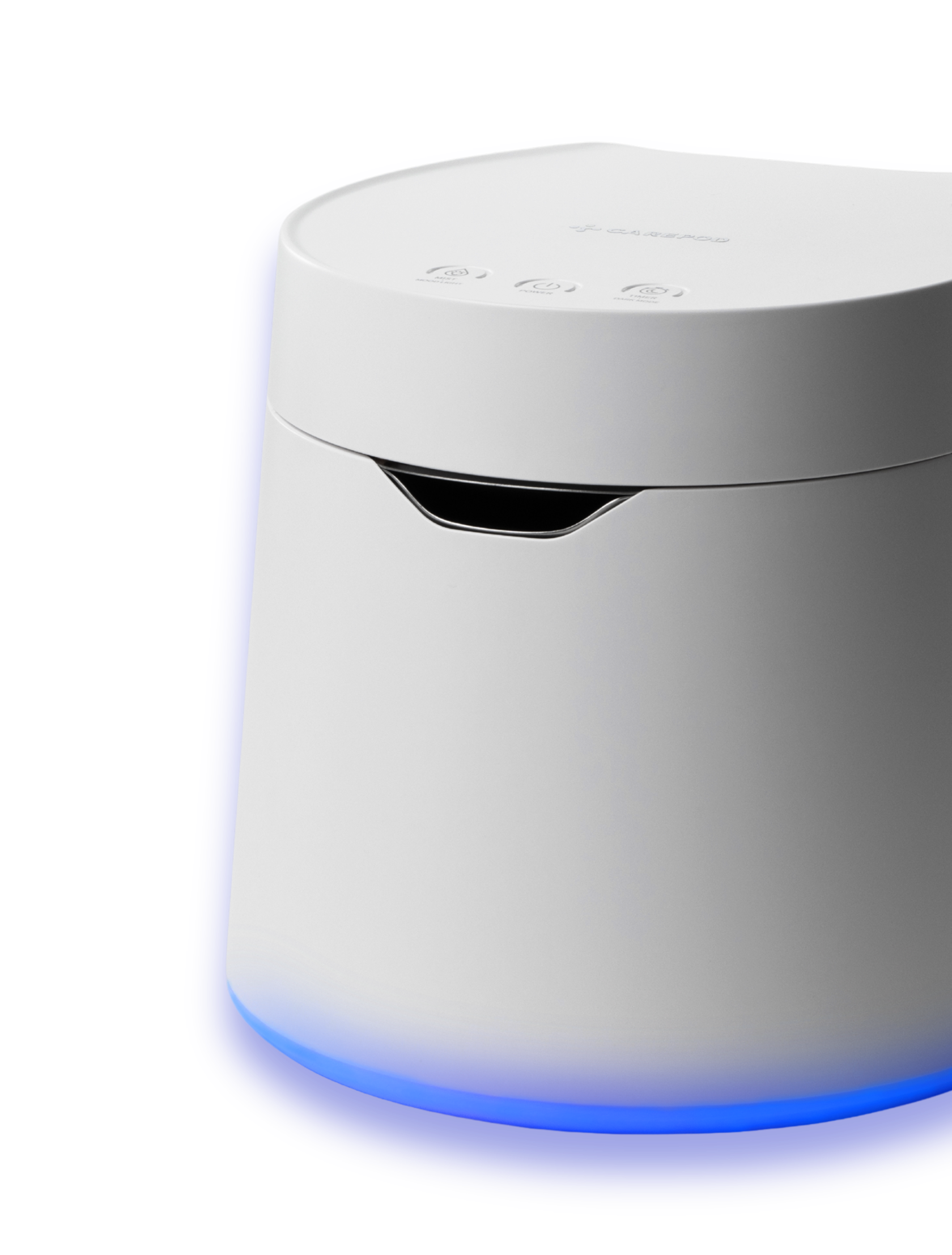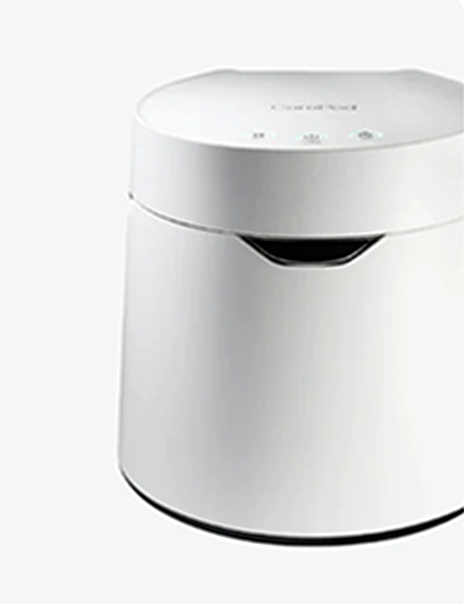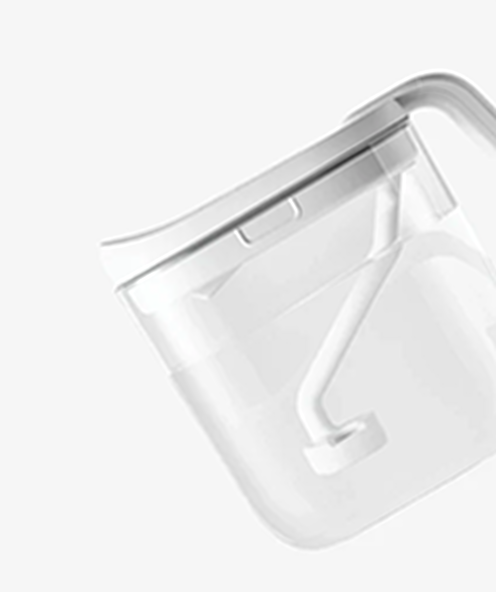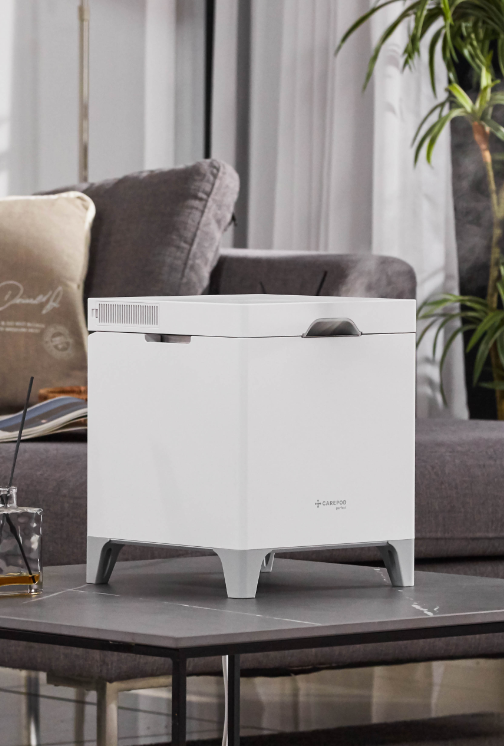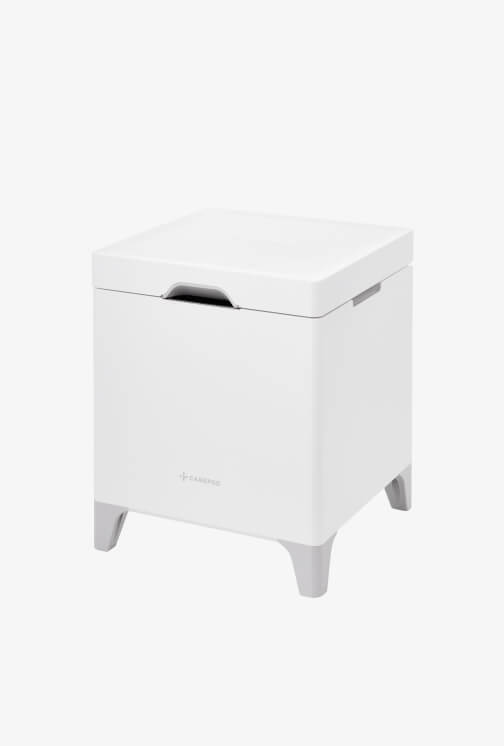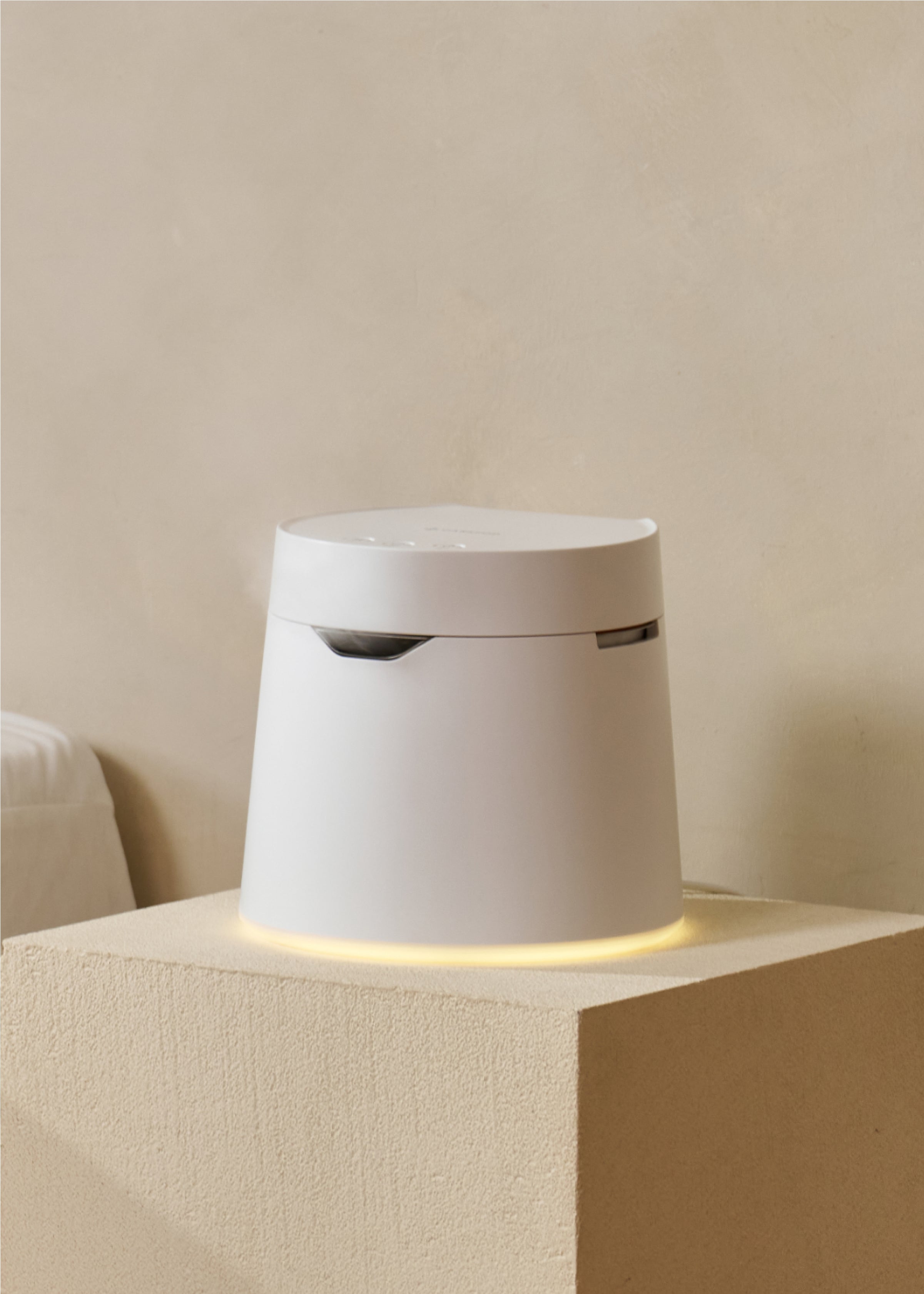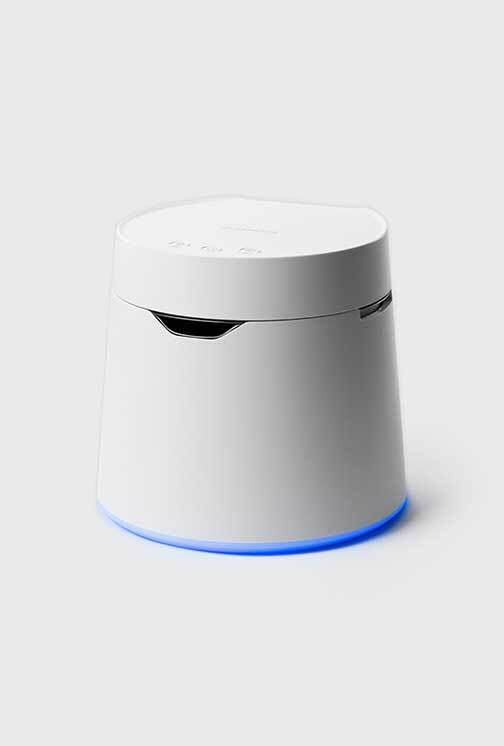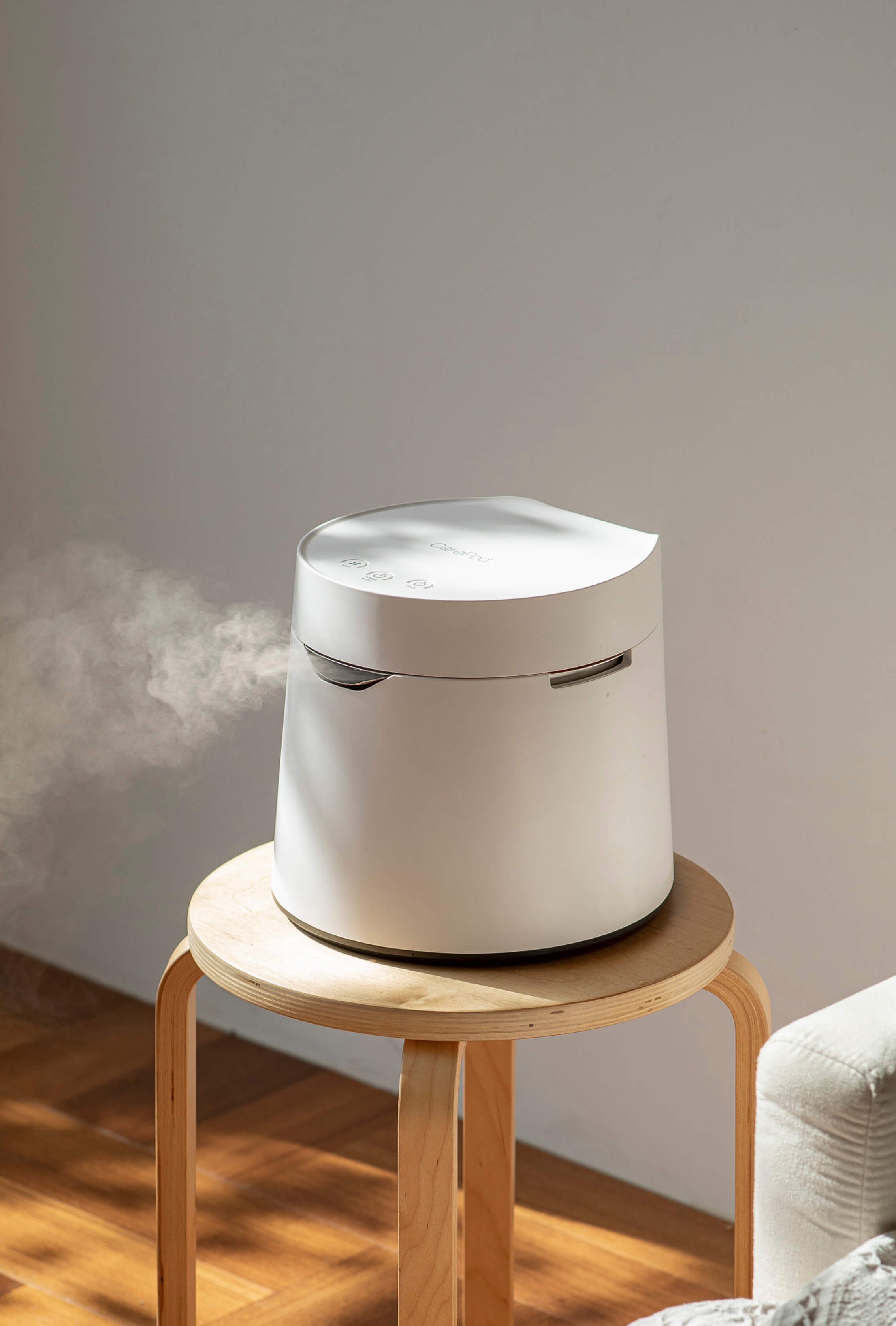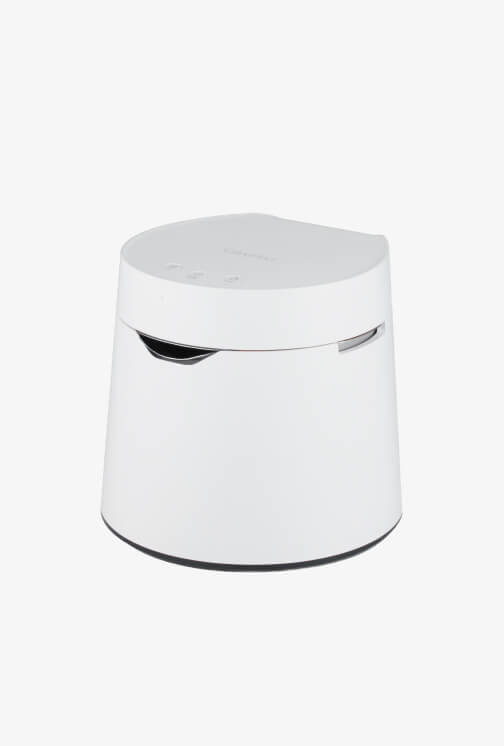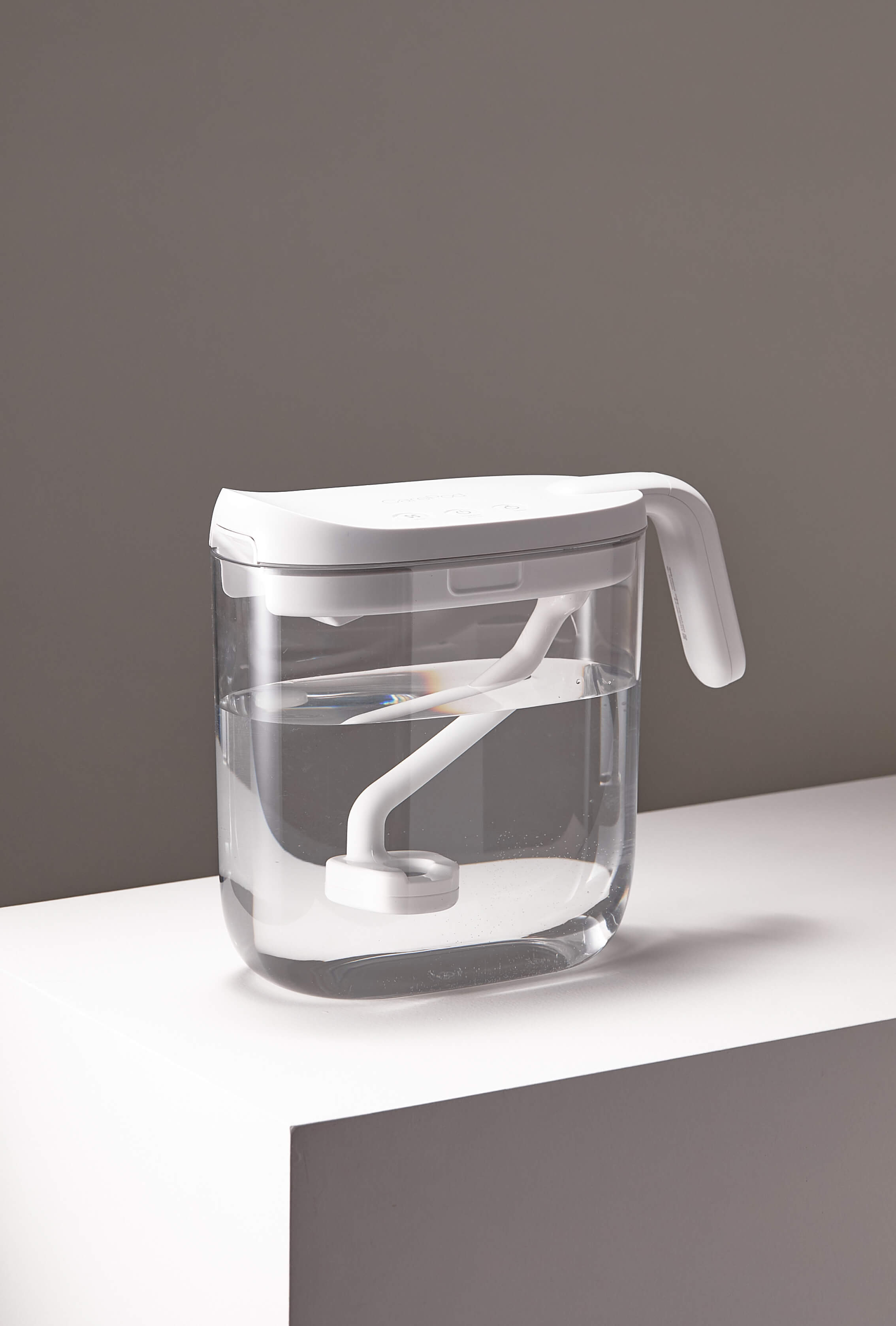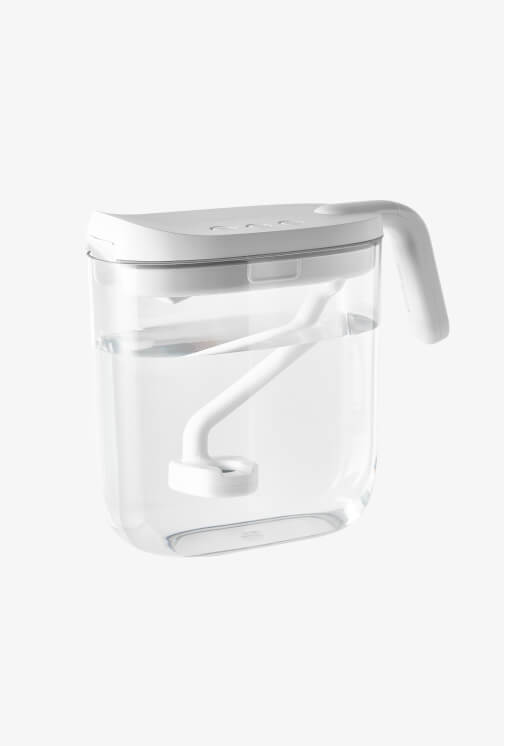Research Says Humidifiers Improve Health Outcomes in Hospitals

For hospitals and healthcare facilities, maintaining a safe and clean environment is essential. Each year, however, approximately 1.7 million patients in American hospitals develop infections during their stay, and nearly 100,000 of these individuals pass away as a result. In the wake of the COVID-19 pandemic, these numbers have likely increased.
Indoor humidity plays a crucial role in patient outcomes, as dry air can cause or exacerbate a number of health issues. Maintaining the right level of moisture in the air can reduce the risk of airborne infections and improve the overall environment for patients. Using a humidifier is a simple and effective way to achieve this.
By adding moisture into the air, humidifiers may lower viral infection rates in hospitals and even help alleviate symptoms of respiratory diseases, according to recent studies.

Fighting Infections: What the Statistics Say
To ensure patient health, the indoor relative humidity (RH) should be maintained between 40% to 60%, with around 50% being ideal. Deviating from this range may increase the risk of airborne infections.
A study by the University of Sydney and the Fudan University of Public Health found that a 1% decrease in RH can increase COVID-19 cases by 7-8%, and a 10% decrease in RH can double the likelihood of infection.
As Dr. Stephanie Taylor of Harvard Medical School explains, "Dry air harms our natural immune barriers which protect us from infections." When indoor humidity levels are too low, the dry air pulls moisture from the mucous membranes in our body, leaving them dehydrated and ineffective. These mucous membranes are essential for trapping and neutralizing airborne pathogens, oftentimes acting as the body’s first line of defense against infections.
For patients, especially those already suffering from compromised immune systems, maintaining these natural defenses is crucial. Low humidity can make these individuals more vulnerable to pathogens, exacerbating existing conditions and potentially leading to new infections.
Using a humidifier ensures that the surrounding air retains a sufficient level of moisture. This prevents the air from becoming dry and drawing moisture from the body’s mucous membranes, allowing them to remain effective in fighting off infections.

Health Risks of Dry Air
A comfortable hospital environment is essential for rest and recovery. Low humidity can make this a big challenge. Dry air can dehydrate the eyes, lips, skin, and throat, causing sick patients to experience even more discomfort. Additional issues often include sinus congestion, coughing, and nosebleeds.
Humidity control is also critical in maternity wards. Studies show that newborns are especially sensitive to dry air, which may be harmful to their skin and respiratory health.
Furthermore, doctors, nurses, and caregivers also have to work in these unpleasant conditions, oftentimes making their job much more difficult. Maintaining proper humidity levels can alleviate a number of issues caused by dry air, benefitting both patients and hospital employees. Overall, this creates a much more pleasant healthcare environment.
A Few Considerations
While the health benefits of humidifiers are undeniable, there are some considerations such as cost, maintenance, and sanitation.
Industrial and commercial humidifiers can be a big investment, especially on top of various other hospital expenses. Regular cleaning is also important to ensure these devices operate effectively and hygienically. If moisture levels are too high, mold and bacteria can grow, which may cause problems for patients.
These challenges, however, are easily manageable. By ensuring proper sanitization and maintaining humidity levels between 40% and 60%, many risks can be reduced.

Final Thoughts
When used and maintained properly, humidifiers are powerful devices that offer numerous health benefits. Studies show that humidifiers may help reduce the rate of in-hospital infections and minimize other health risks associated with dry air.
By maintaining optimal humidity levels, hospitals can create a healthier and more comfortable setting that supports patient recovery.
